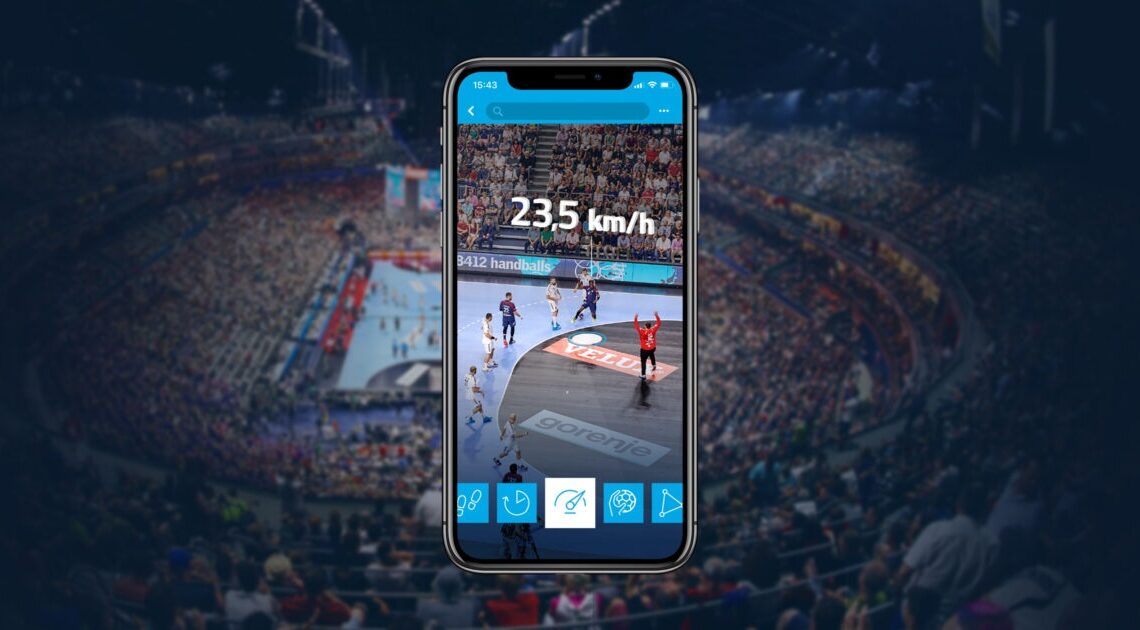In sports broadcasting, social media has emerged as a powerful tool that can greatly enhance fan engagement. Through platforms sports leagues, teams, and broadcasters have found innovative ways to connect with their audiences in real-time, creating a dynamic and interactive experience for 무료해외축구중계 fans around the globe.
One of the primary benefits of social media in 무료해외축구중계 sports broadcasting is its ability to provide instant updates and highlights. Whether it’s a last-minute goal, a game-changing play, or breaking news about a player’s injury, social media allows fans to stay informed in real-time. This immediacy not only keeps fans engaged but also enhances their overall viewing experience.
Social media enables sports broadcasters to reach a broader audience than ever before. By sharing content across multiple platforms, broadcasters can attract new viewers who may not have access to traditional television broadcasts. This democratization of access helps grow the fan base and increases the sport’s visibility on a global scale.
Another significant advantage of social media is its capacity to foster direct interaction between fans and broadcasters. Platforms like Twitter facilitate live discussions and debates among fans, creating a sense of community and camaraderie. Additionally, fans can interact directly with athletes, coaches, and commentators, providing them with unique insights and behind-the-scenes perspectives.
Social media plays a crucial role in sports marketing and sponsorship. By leveraging platforms with extensive user bases, broadcasters can attract sponsors and advertisers looking to reach targeted demographics. This additional revenue stream can help sports organizations invest in higher-quality broadcasts and improve the overall fan experience.
Despite these benefits, there are also challenges and potential drawbacks associated with social media in sports broadcasting. One of the main concerns is the risk of misinformation spreading rapidly. False rumors and misleading information can quickly gain traction, potentially damaging the reputation of athletes and teams.
The immediacy of social media can sometimes lead to impulsive or inflammatory comments from athletes or fans. Controversial statements or actions can quickly go viral, overshadowing the sports event itself and creating negative publicity.
Privacy concerns are also prevalent in the age of social media. Athletes may find it challenging to maintain their privacy when constantly under the scrutiny of millions of fans and followers. Issues of cyberbullying and harassment are also risks that need to be carefully managed. By leveraging the strengths of social media platforms while implementing effective strategies to mitigate potential drawbacks, sports broadcasters can create a more immersive and inclusive experience for fans worldwide.

